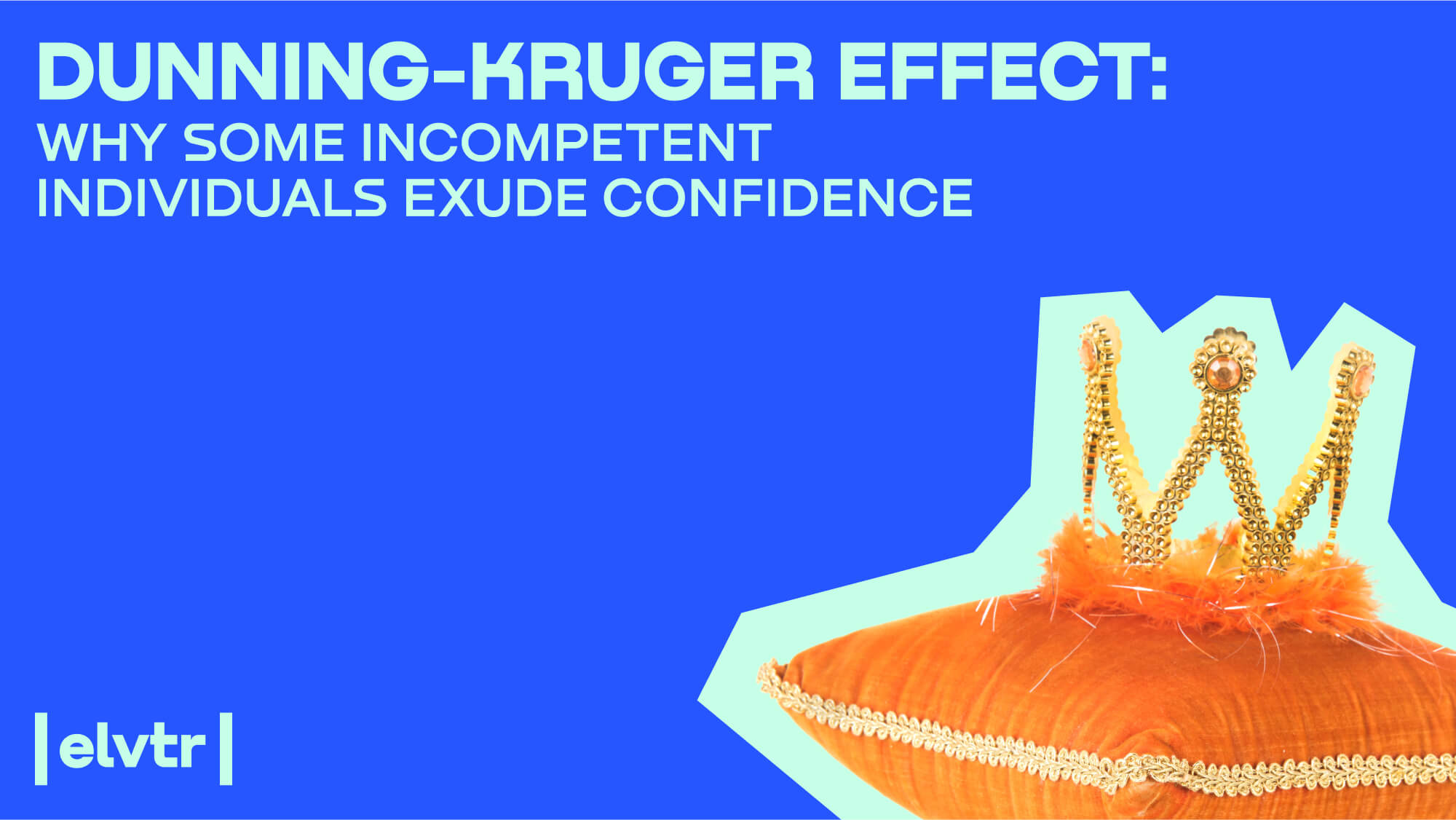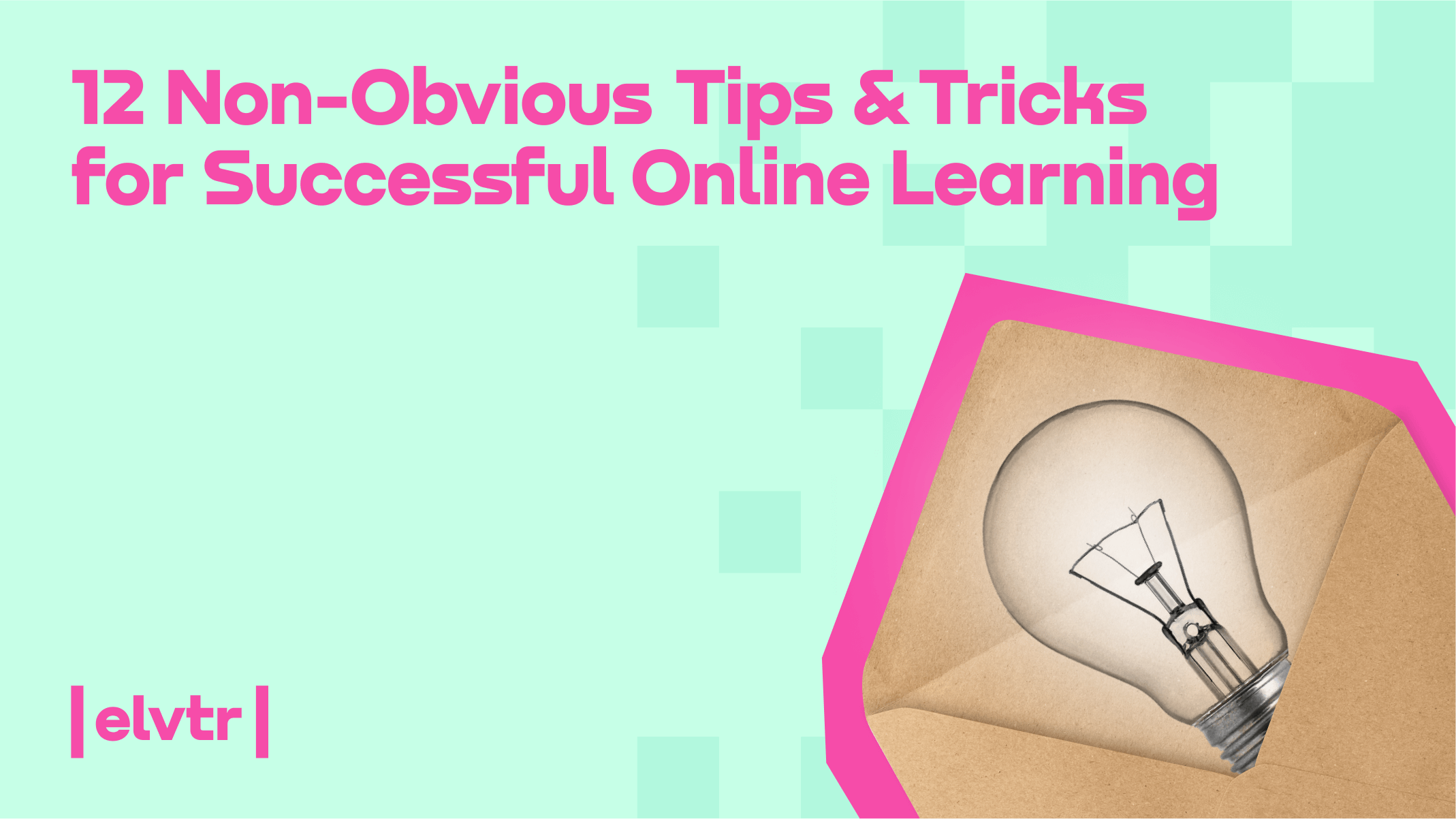- MAIN PAGE
- – elvtr magazine – DUNNING-KRUGER EFFECT: WHY SOME INCOMPETENT INDIVIDUALS EXUDE CONFIDENCE
DUNNING-KRUGER EFFECT: WHY SOME INCOMPETENT INDIVIDUALS EXUDE CONFIDENCE

In 2006, Australian researchers conducted an illuminating study with medical interns. They inquired about their perceived competence levels. A staggering 75% were supremely confident, believing they could adeptly teach others. However, when data was scrutinised, less than 20% genuinely exhibited that level of proficiency.
This scenario captures the essence of the Dunning-Kruger effect, where individuals sometimes possess an inflated belief in their intellectual prowess.
What the Dunning-Kruger Effect Is
This phenomenon traces its roots to 1999, thanks to David Dunning and Justin Kruger, two eminent psychologists from Cornell University.
They embarked on a study where they had college students assess their logical reasoning capabilities, juxtaposing it against their peers. To further cement their findings, they evaluated these students in diverse realms like grammar, humour, and logic. What unfolded was rather enlightening. Those who ranked in the lower echelons believed they were top contenders. Conversely, the genuine top performers often undervalued their expertise.
This study underscored the dual nature of the Dunning-Kruger effect. Individuals with limited expertise frequently have unwarranted self-assurance, while those with genuine competence might inadvertently downplay their skills.
The Intricacies of Metacognition
Research suggests that a significant aspect of this effect lies in metacognition—the self-awareness and understanding of one's thought processes. Many assess themselves using a restricted, subjective lens, which might make them appear more competent in their own eyes.
To tackle this, individuals should practice metacognition, fostering a more objective self-evaluation, instead of merely believing they're innately wise.
The "Double Burden" Conundrum
The Dunning-Kruger effect unveils a rather challenging "double burden." Those affected aren't only unaware, but they're also blissfully ignorant of this lack of awareness. As David Dunning puts it, those with limited skills don't always approach situations with caution. Instead, they're buoyed by an unfounded confidence, which, to them, feels very much like knowledge.
A Sprinkle of Knowledge, A Surge of Confidence
Interestingly, even a small dose of knowledge in a domain can lead to an overblown sense of expertise.
As an illustration, a 2014 study by Tony Yates and Edmund Marek looked into how biology lessons influenced the understanding of evolution among high school students in Oklahoma. While their grasp unquestionably advanced post-course, their confidence levels skyrocketed disproportionately. This shows that education, while enlightening, can sometimes cloud our ability to judge our competence.
Our overconfidence can be magnified by the fact that we seldom receive critical feedback. Whether because of tact, politeness, or simply not wishing to offend, direct critiques are often avoided in daily interactions.
Who's In The Dunning-Kruger Crosshairs?
The candid answer? All of us. Everyone, irrespective of their expertise, has certain knowledge blind spots.
It's paramount to understand that the Dunning-Kruger effect isn't synonymous with limited intellect. Intellectual luminaries can equally misassess their skill set.
For instance, a University of Nebraska study found 68% of teachers believed they were in the top 25% in teaching skills. Similarly, in IT companies, 32% to 42% of professionals viewed themselves among the top 5% in their respective organisations.
The Ubiquity of the Dunning-Kruger Effect
Its influence is everywhere, from healthcare and politics to even wine aficionados and those against vaccinations.
A 2018 study revealed that some Americans, particularly those without a deep understanding of politics, tend to overestimate their knowledge, especially when they are passionate supporters of a specific political party.
Similarly, more than 80% of gun owners believed they were well-informed about safety, though the data suggested otherwise.
Strategies to Counter the Dunning-Kruger Quagmire
The first line of defence is continuous introspection and relentless knowledge validation.
It's highly beneficial to actively seek feedback, preferably from those with established competence in a specific domain. The real challenge, however, is assimilating this feedback, even if it's not always palatable.
*ELVTR is disrupting education by putting proven industry leaders in a virtual classroom with eager rising stars. ELVTR courses offer 100% instructor driven content designed to give you practical knowledge within a convenient time frame. Choose the right course for you.


